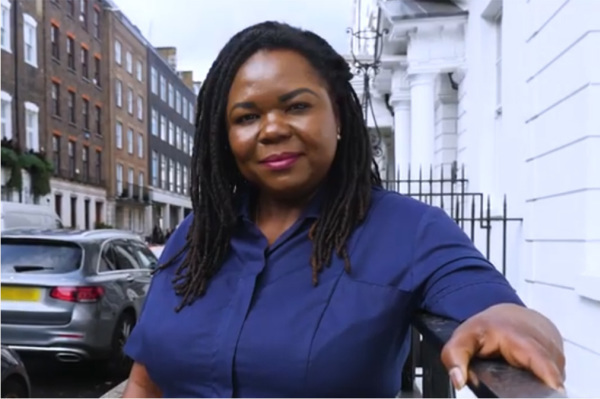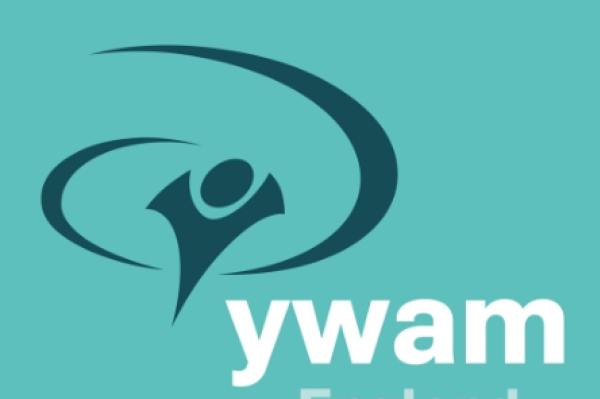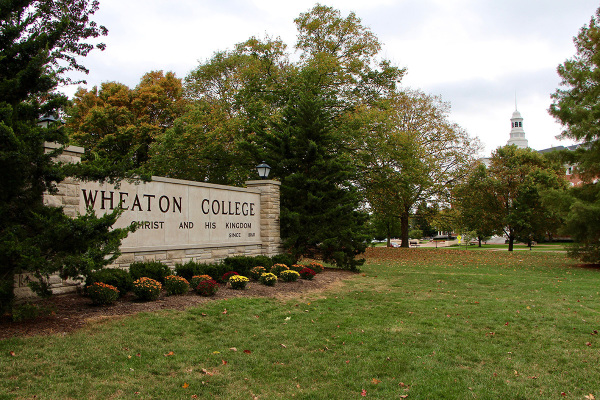Dolly Creator Ditches Cloning for Breakthrough Stem Cell Alternative
The scientist who cloned Dolly the sheep says he will no longer practice the controversial stem cell research technique that was used to create her and will instead pursue a more ethically accepted and breakthrough adult stem cell method that doesn't result in the destruction of embryos.
"I decided a few weeks ago not to pursue nuclear transfer," said Professor Ian Wilmut in a Nov. 16 report by The Telegraph.
Wilmut's announcement comes only days after it was reported that scientists in Oregon had used the technique to extract stem cells from cloned monkey embryos.
The cloning pioneer's decision could mark the "beginning of the end" for therapeutic cloning, reported The Telegraph.
Wilmut, who had received a license two years ago in Great Britain to clone human embryos, said he will abandon the nuclear transfer method to work on a technique developed in Japan called cell regression that he believes has a better potential for producing stem cells that could treat degenerative diseases.
The technique, pioneered by Professor Shinya Yamanaka at Kyoto University, has been shown in experiments with mice to revert skin cells back to an embryonic state.
Such cells could one day be used to form muscle cells to repair a damaged heart or brain cells to repair the effects of Parkinson's, according to the U.K.-based newspaper. Furthermore, since the cells contain the same genetic make-up as the patient, they would not be rejected by the patient's body.
"The work which was described from Japan of using a technique to change cells from a patient directly into stem cells without making an embryo has got so much more potential," said Wilmut in a BBC News report. "Even though it's only been described for the mouse, when we were considering which option to pursue, whether to clone or whether to copy the work in Japan, we decided to copy the work in Japan."
Yamanaka's method is also "easier to accept socially," said Wilumt, according to The Telegraph, because it suggests a way to create human embryo stem cells without the need for human eggs and without the need to create and destroy human cloned embryos.
Many pro-life advocates who morally object to human cloning and the destruction of embryos in the process of stem cell extraction have welcomed the news of Wilmut's change in direction.
"We're heartened to hear that Ian Wilmut has finally come to realize that human cloning is not a viable path to curing patients, and that adult stem cells are the key to real hope and help for patients," said Dr. David Stevens, CEO of the 15,000-member Christian Medical Association, in a statement Monday.
Relying on human embryos for embryonic stem cells has many practical problems, according to Stevens.
"Embryonic stem cells are difficult to establish and maintain; their differentiation to the type of cells desired is tough to control," he explained, adding that it also hard to get "pure culture" because the stem cells are shown to form tumors and become genetically unstable.
Furthermore, research would require such a significant number of eggs from women that would make it "utterly impractical" to study, said Stevens.
From an ethical standpoint, the Christian Medical Association also believes that "embryonic stem cells are immoral to use when obtained by destroying human life."
Stevens charged many scientists and companies with "hyping" the results and prospects from human cloning and embryonic stem cell research in order to secure further grants. He called such claims "irresponsible."
"Meanwhile, suffering patients who could be helped now or in the near future by adult stem cells are instead forced to wait while their tax dollars are diverted to highly speculative embryonic stem cell projects," continued Stevens.
"That's why we say it's time to end this injustice and put our money where the cures are—in adult stem cells."






















